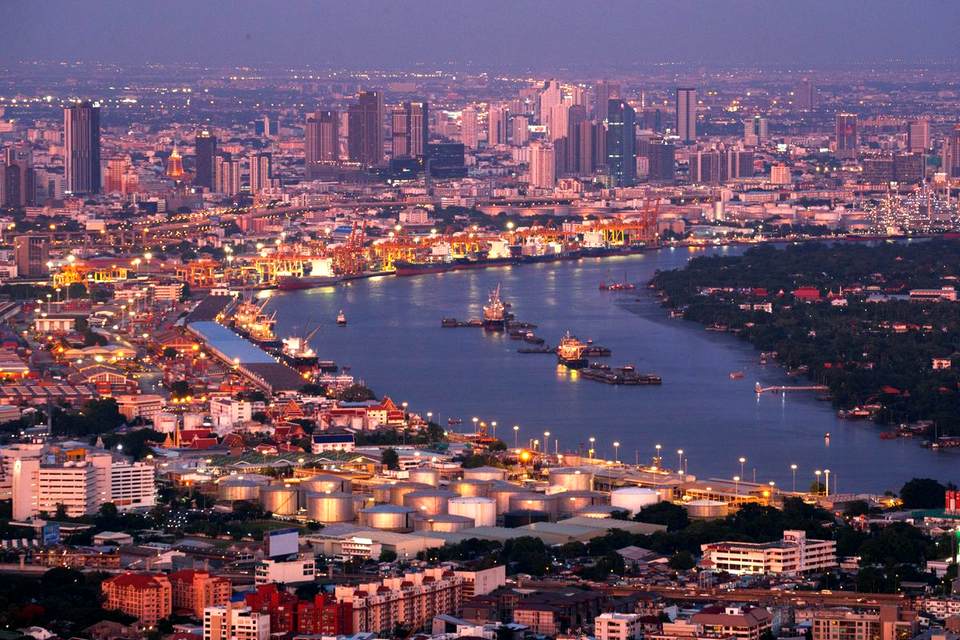
Thailand’s opposition political parties are having a field day campaigning against the government’s policy to allow very rich foreigners to purchase freehold land up to 1 rai or 0.4 acre for residential purposes. The main opposition Pheu Thai group says that the ruling party wants to sell the country to the highest bidder, whilst the Thai Civilized Party (which holds one seat out of the 500 seat House of Representatives) wants the constitutional court to outlaw the whole idea of foreigners owning land as it offends Thai national pride and sensibilities. Other ideas are to shelve the current bill, which is being reviewed by the administration’s legal experts, or even to refer it to the anti-corruption commission. A similar fuss was heard when the then Thai government allowed foreigners to purchase a condominium unit in their own name in the early 1990s.
So there isn’t much new in the hostile sentiments. Every time a general election is due – one is imminent in Thailand within the next six months barring a military accident – politics becomes a matter of appealing to the nationalistic, if not racist, instincts of the voters. It’s megaphone politics to shout that most Thais can’t afford their own home, nor obtain a mortgage, whilst the foreign elite will be able to gobble up land in their own names. International real estate companies are well aware of all this but are understandably reluctant to speak out. However, a spokesperson for Saville Commercial Properties, based in UK, described the reactions as completely over the top. You can say that again.
In fact, the Thai proposal is very modest indeed by international standards. Although the proposals are still under review and unpublished in the Royal Gazette, they indicate that only foreigners who apply successfully for the new ten-year Long Term Residence visa and invest at least 40 million baht (US$1 million plus) in approved investments over at least three years will be able to submit an application. It is still unclear when, and to whom, they could sell it or transfer and nagging doubts persist about the legislation being reviewed “after five years”. Nor is it clear-cut what type of property could be bought, whether the purchaser has to buy a new edifice rather than second-hand, or even where to find your dream home. So far, only Bangkok and Pattaya have been specifically pinpointed in government publicity.
So it will be amazing if Thai land offices are swamped by foreign applications for registration once the proposals are eventually signed off. If Thai authorities are serious about recruiting one million rich foreigners to base here in the next few years, they might have followed Cambodia where the 10 year visa includes the possibility of citizenship and a passport after five years, or even the Philippines where foreigners married to Filipinas have extra property rights and where leases of 50 years are routine as opposed to the Thai norm of 30. In any event, property ownership in Thailand is likely to appeal mostly to Chinese and Russian investors, speculators and dollar-rich global citizens who prefer to have several bases throughout south East Asia with extended visas in several countries all at the same time. Just because you own a small piece of land in Thailand doesn’t mean you want to live here.
 |
 |
 |





